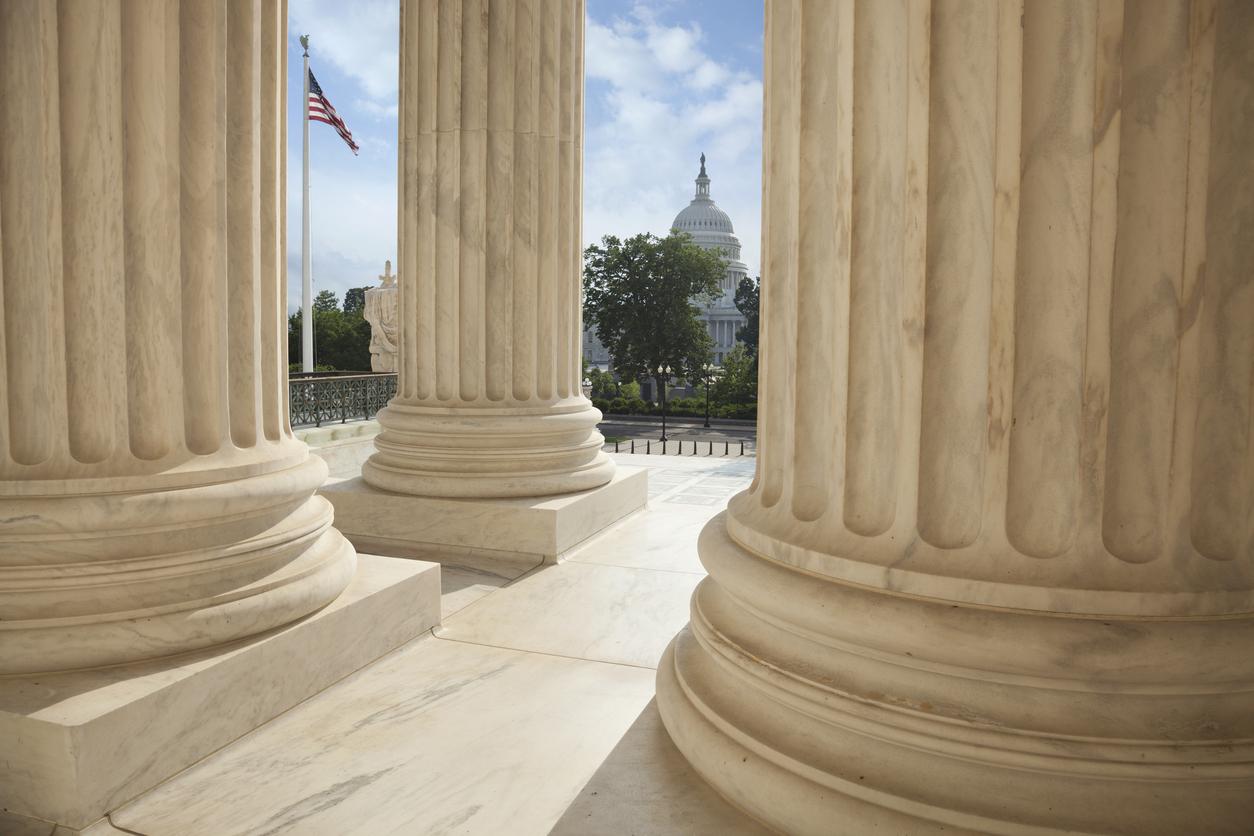SCOTUS ruling on PCSK9 could rewrite status quo on patents

On the face of it, the battle between Amgen and Sanofi/Regeneron being heard in the US Supreme Court is a mundane biopharma contest over rights and royalties on PCSK9 inhibitor drugs – but its implications could extend much further.
In yesterday’s exchange of views, Amgen sought to convince SCOTUS that its core or “genus” patent on blockbuster PCSK9 inhibitor Repatha (evolocumab) was valid and, moreover, should extend to just about any antibody against the target, while opposing counsel attempted to shoot that argument down.
At the heart of the case is the concept of enablement – in other words, that the specification of a patent can teach those skilled in the art to “make and use” the claimed invention, or whether it must instead enable those skilled in the art “to reach the full scope of claimed embodiments” without undue experimentation.
Amgen’s position is that its patent is sufficiently broad that other parties could use it to develop antibodies without having to carry out a lot of testing to find a suitable antibody candidate. Sanofi and Regeneron – defending their PCSK9 inhibitor Praluent (alirocumab) – argue the opposite, saying considerable additional experimentation is needed to come up with another PCSK9 antibody.
Their stated concern is that a precedent could be set in which broadly applied patents on a specific mechanism of action could snuff out additional discoveries that take the field forward and allow multiple products to come to market, avoiding monopolies that can drive up pricing. Their position is backed by Johnson & Johnson, Eli Lilly, and Pfizer, among other companies, as well as the Biden administration.
Amgen’s counsel, meanwhile, is contending that innovation will be damaged if developers cannot get sufficient protection for their inventions, a view supported by Bristol-Myers Squibb and GSK.
Commenting on the case, Jacob Holdreith, a biopharma intellectual property expert at Robins Kaplan LLP, said the case is an example of how US patent law is being challenged by the shift in the industry to development of more complex molecules.
“This is getting more acute as science is rapidly making breakthroughs in antibody and other large molecule therapies,” he said, adding that he hopes SCOTUS limits its decision to the specifics of the Amgen versus Sanofi/Regeneron case, and isn’t tempted to extrapolate to the “larger policy issue”.
“I hope they stick to the principle of deciding the narrow issue before them on the specific facts of the case, and providing clarity on that alone or, if they can’t, then leaving it to parties to develop their cases through excellence in the legal work in the lower courts to draw the right lines, and if correction of the law is needed, leaving it to the legislative process.”
The lawsuit dates back to 2014, when Amgen filed a complaint that Praluent infringed its patents on Repatha. While US courts initially sided with Amgen, latterly judgments have gone in favour of Sanofi and Regeneron, with an appeals court invalidating Amgen’s genus patent in 2021.
Amgen sold $1.3 billion of Repatha last year, while Regeneron made $130 million from Praluent in the US and Sanofi booked $400 million in sales from ex-US markets.
SCOTUS is expected to deliver a verdict in the case in June.












